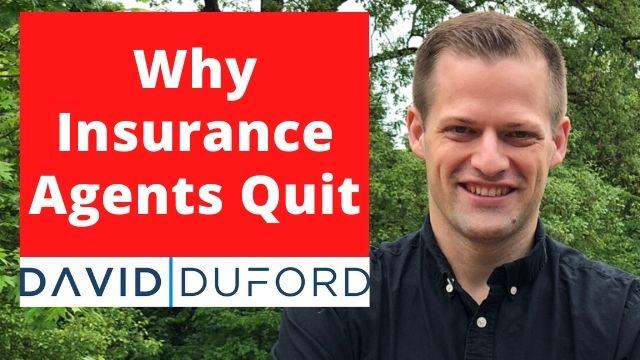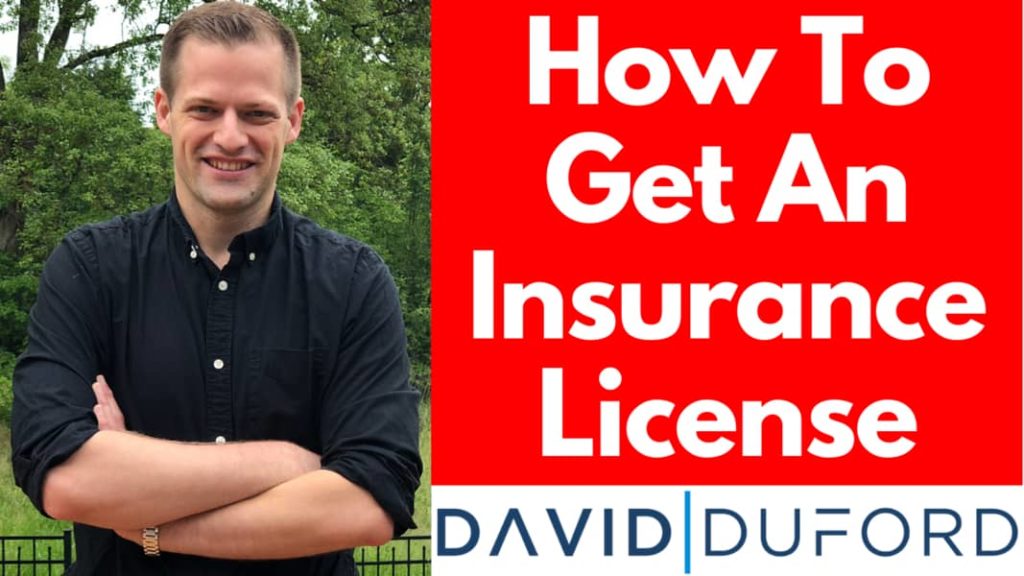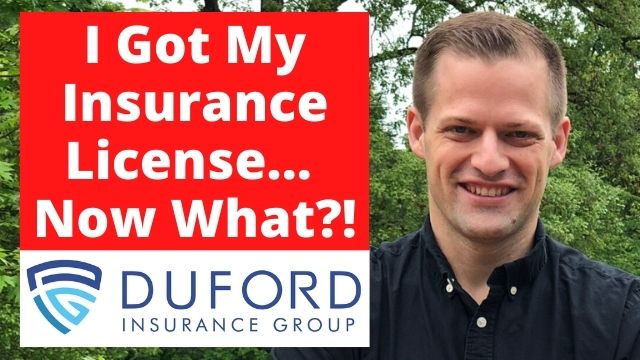Have you recently got your insurance license? Are you now thinking, “What now? What type of insurance product should I sell?”
If this describes your situation in any way, you’ve found the right article.
Today’s post will cover five of my top tips to help you figure out which type of insurance product you should sell.
Whether you’re just entering the industry, getting back in the game, or looking for alternative products to sell, I encourage every agent to check out the advice below.
So let’s jump right in!
Overview
Tip #1 – How Fast Do You Need to Get Paid?
This is really important. There are all sorts of people that would love to sell a very high commission type product, like an annuity.
But there’s a problem with selling annuities. Sometimes to get paid, there’s a sales cycle you have to go through that may take weeks, if not months. And many of us can’t put off the mortgage for more than a month.
That’s why we have to factor in what bills need to be paid, how quickly they need to be paid versus, on average, how fast the insurance product we’re looking to sell takes to turn around.
So, for instance, in my agency, a lot of people sell final expense. Why? Because final expense is a “quick pay” product.
Fast Pay Versus Slow Pay
You simply write the product, receive approval, then within the next day or two, you receive your commission (carrier dependent). Which makes it a great product for new agents who don’t necessarily have much money in the bank.
On the other hand, if you’re in a better position financially—let’s say your spouse works, or you’ve got some money saved up—this is where you would consider something like annuity sales (perhaps even selling Medicare Advantage).
Yes, you would get paid slower on Medicare sales, but since it’s a residual-based product, your income would be more substantial long-term.
My advice? Think carefully about your financial situation. What expenses impact your monthly budget? Should you really use your savings to get started? Answer these questions, then pick the best product that matches your cash flow needs.
Tip #2 – Consider the Long-Term Opportunities
Another crucial factor to take on board—consider the long-term opportunities of your insurance product.
A great example that demonstrates my thinking here is when President Obama was elected. Would it have been a good idea to start selling health insurance at that time? Probably not since he was elected on the grounds of removing private health care in favor of a government option.
Likewise, we need to consider what the future foretells as far as choosing what type of product to sell. For instance, if you’re reading this and the stock market isn’t doing so great, plus the housing market is collapsing too, perhaps now isn’t the best time to be selling mortgage protection.
Why? Because fewer homes are being sold, and fewer people will be willing to spend money, especially on insurance. Life insurance is one of those things that most people will put off for another day.
In short, if not many homes are being sold, you won’t generate enough leads. It’s best to think about what’s happening in the world and how it could impact the insurance product you’re looking to sell.
We LOVE The Senior Market!
This is why, in my agency, we look at the senior market as a long-term market strategy. The senior market is booming and has done really well, even amidst the pandemic and lockdowns. A reason for this could be because the fundamentals of this market are super strong.
For example, there are 11,000 seniors a day turning 65 for the next ten years into 2030. The overall population of seniors aged 65 and older will increase by 50% from 2020 to 2040.
Moreover, the average insurance agent is aged 60. Many of them will soon be too old to work, will consider retiring, or just generally dial down the amount of work they take on.
That’s why I think the senior market is one of the most significant opportunities in the entire insurance market—perfect for any new agent looking to start a strong career in this industry.
There’s certainly a lot of security in the senior market. And that’s a good sign, at least in my opinion. And when I say senior market, we’re talking final expense, certainly Medicare and annuities.
Tip #3 – How Much Time Can You Actually Invest?
Now you need to think about what it takes to be successful as far as time, schedule, and workload are concerned.
Let me explain this using an example scenario. Imagine you’re selling mortgage protection or something similar. In this instance, you’re dealing with people who have a profession, career, or at least work somewhere.
They’re usually younger. They’ve bought a house. And now they’re essentially unreachable until the end of the day or on weekends. Why does this impact you? Well, if you decide to sell something like mortgage protection, you’re going to be working a lot of late nights.
Plus, you’ll likely spend a lot of time traveling since it’s almost impossible to secure enough full-time activity in one city (unless you’re in some megacity).
So, in short, there’ll be a lot of driving around. A lot of time invested in travel. And a lot of time away from family. Of course, this will be particularly difficult for those of you who have a partner and kids.
Benefits Of A Daytime Focused Insurance Sales Strategy
So again, this is why I like the final expense or Medicare business because we’re dealing with seniors. They’re generally retired or disabled and definitely not running around during the day. Plus, they tend to be home during the evenings, weekends too. So agents can work this market practically whenever.
In fact, a senior market strategy can also be a really good option if you’re looking to start part-time or prefer a little more flexibility in your schedule.
I’ve worked it for years. It’s incredible. But you should still assess your time commitment requirements before committing to any product.
Why? Because whatever you choose should work long-term since it’s tough to switch out of a business strategy. You’ve got to consider how your career decisions will impact your family and finances now and in the future.
Tip #4 – Paid VS. Free Leads
Some people love to buy insurance leads. Others think it’s the biggest waste of money on the face of the planet. Both are right. Both are wrong.
I guess you could say it depends on the person. The point being is that you have to make your mind up. Don’t sell final expense if you don’t want to invest in paid leads because most final expense agents use a paid lead-driven strategy model.
Also, a large portion of this business is based on networking with friends, family, and business associates.
If that’s your strategy, then great. If you don’t like that kind of strategy, you’ll need to change up your approach.
But it’s best you know now that you’ll probably have to do a little cold prospecting, cold calling, maybe even referral networking when you start out.
Either way, you should try to choose an insurance product that aligns with your preferred lead strategy.
Tip #5 – Follow Your Instincts
Usually, your gut’s right. And in my experience, you shouldn’t pursue anything you’re not passionate about or interested in. Even if it’s a lucrative opportunity, if the work isn’t enjoyable or doesn’t motivate you, you’re wasting your time.
So make sure you pick a product that you like AND work with people you enjoy working with. Doing so will help you keep your head in the game and turn this opportunity into a successful long-term career.
Conclusion
I hope you enjoyed this article and now have a better understanding of how to choose the right insurance product for you.
Follow those tips, and you’ll have a much better chance of building an insurance sales career that’s more aligned with your goals and personality.
My name is David Duford of the Duford Insurance Group. If you’d like to find out more about how my agency helps new and experienced agents become top producers in both final expense and Medicare, there’s more information on my FAQ page.
Plus, if you’re a new or aspiring insurance agent, I highly recommend that you check out my Free Insurance Agent Resource. You’ll find more tips and advice about how the insurance sales business works and answers to questions you didn’t even know you had.
As always, thanks for reading!


January 03, 2023

January 03, 2023

January 03, 2023
